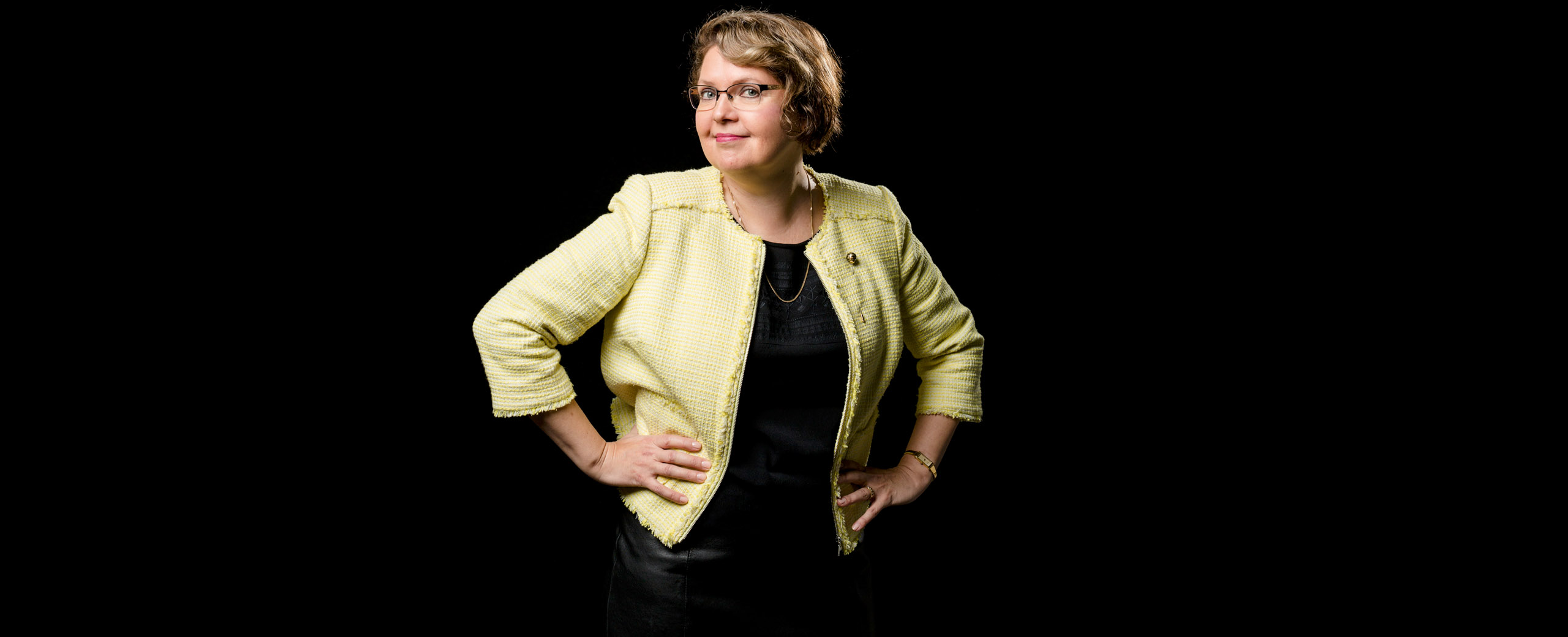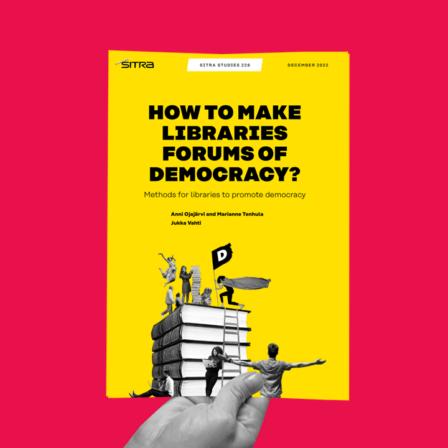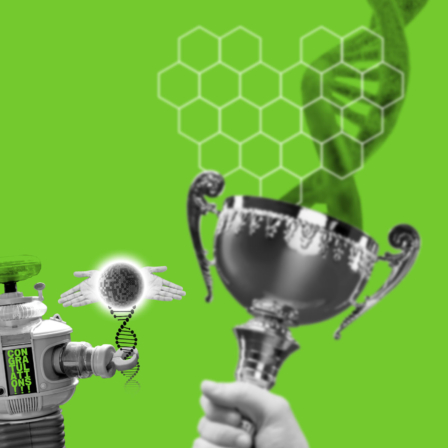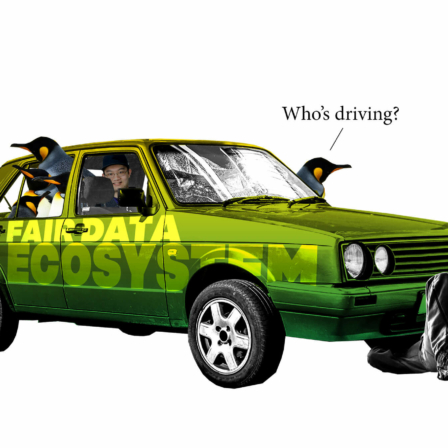The everyday ability to learn derives primarily from our capacity to challenge our own beliefs and established practices. When we are in a position where we can personally define the direction of our learning and development, proceeding is easy, even enjoyable.
When a diverse and surprising event or opinion challenges the status quo of matters we hold dear, our capacity to learn easily shuts off. We are incapable of processing solutions, interpretations and development paths built from another perspective. Too often we miss the opportunity to learn and widen our views such situations offer. In our minds, the matter either slips into the category of weird things or the limitations and problems related to it take centre stage in our observations.
Still, the ability to learn from what is principally different (or “weird”) is a central skill we need in our work and lives in this diverse world of ours. That creates new thinking, activities and new solutions to challenges great and small. As a skill, however, it stays out of our reach if we persistently cherish the ideal of simplicity and rationality in our own thinking and swear by ready-made models in the way we build organisations and their everyday activities.
As nice as it would be to hold on to the illusion of control, it is important to understand that societies and organisations are living organisms, where dynamics, diversity and competing schemes continue to co-exist, and where change can start from the top, bottom and middle.
The power of the capacity of being impressed
Fast ability to react quickly and to rapidly evaluate and categorise different matters are, in fact, obstacles to learning constantly present in our everyday lives. They are born out of a need for immediate efficiency and a narrow conception of knowledge, both excluding different views and the capacity to be impressed by diversity.
The longer we have had to build our own thinking models in peace, the more challenging it is to encounter issues that shed new light on our beliefs. However, the capacity to be impressed by diversity is necessary in a world whose complex phenomena do not fit into any of the boxes built into our thinking or the system.
When we are dealing with diversity, we also often come up against value- and identity-based barriers, which may be hard to break due to major emotional obstacles – even at the level of thinking or just for a moment. A manager may feel that a discussion about a self-managed organisation is a threat to him or her. It is easy to react to a further developed operating model with such an explanation as “but we are doing this already”. Even for a highly educated academic it may be impossible to see that even though we consider democracy an important value, we can learn from human-centred approaches developed for different societal models and show them the respect they deserve.
The complex world is a kaleidoscope where we must also be prepared to adjust the view to see realities that upset our established ways of thinking.
From limitations to enabling
In her “broaden-and-build” theory, Barbara Fredrickson has described well what positive feelings mean to people’s learning and the way they act. When overcome by negative emotions, we walk as if we were wearing blinkers: our observations and thinking are narrowed and our ability to learn from the situation at hand is limited. When feeling positive curiosity, we are able to learn and create something new from challenging and even fragmented elements. At the same time, our psychological, physical and social resources become stronger, and we become more flexible in our operations.
Critical thinking is often called to the rescue in our complex world, but it does not necessarily move things forward. Critical thinking alone does not promote good co-operation or personal engagement, nor does it help to establish a balanced overall picture of a situation. Observing a matter from multiple perspectives instead helps us to both identify and test different alternatives and consider their pros and cons.
Therefore, the key question is how we create in ourselves and in our everyday surroundings a greater ability to address difficult issues and to process conflicting views in a manner that stimulates renewal. In leadership, it means understanding the importance of positive emotions behind human activity and developing a genuine interest in people, their ways of thinking and their realities. It also requires an ability to approach matters from the position of not knowing, and the willingness to build a connection between people and groups of people.
When we take time to examine our own and our shared ways of thinking and operating models in a spirit of positive curiosity, even the confusion caused by diversity may become refined into new solutions, practices and, ultimately, wisdom.

















Recommended
Have some more.